Originally published by The 19th.
Vanessa Garrett sometimes begins working before the sun rises, answering calls from parents or caretakers. Her goal: offering support to incarcerated women who are trying to build a relationship with their children from afar. She makes calls to the caretakers responsible for the children of incarcerated people, usually family members. She sends diapers, car seats, baby wipes and other necessities.
“My typical day is that I have no typical day,” Garrett said. “It’s always that something comes up, and the day goes from there.”
Garrett is the program director of Motherhood Beyond Bars, a two-person nonprofit that supports both parents who give birth while incarcerated in Georgia and their newborns post-separation. She sometimes meets with caretakers and newborns, though this has slowed since the recent rise in Georgia’s COVID-19 cases. She gives advice and a listening ear to incarcerated people, and helps newly released people reconnect with their families and find resources like shelters.
Very few incarcerated people are allowed to have their children stay with them after they give birth, so Garrett sends essentials to caretakers. She said caretakers might be struggling financially, so she sometimes helps them apply for WIC, a federally funded supplemental nutrition program for women, children and infants.
Amy Ard, Motherhood Beyond Bars’ executive director, said that the organization recently began collecting population data on pregnant people in prison and whether a family member has taken in the newborn. Ard said that incarceration affects an entire family’s finances. She explained that while most of the families she works with take in their incarcerated family member’s newborn, unforeseen obstacles, like a family death or job loss, might create unworkable conditions.
“One little thing going wrong for some of these families could upset the entire family,” she said.
If the incarcerated person was low-income, there may be few resources passed onto the newborn while the parent is in prison. The Prison Policy Initiative, a public policy think tank, released a 2015 study that said the median annual income of an incarcerated person before their conviction is $19,185, 41 percent less than non-incarcerated people. The median annual income of incarcerated women prior to conviction is $13,890.
Garrett explained that sometimes family relationships are challenging and made more difficult by incarceration. She said that maintaining connection between families and incarcerated people is more difficult because of the prison system’s communication restrictions and limited visitation days. And the isolation of prison has emotional consequences.
“The moms in prison are sitting there dwelling on things,” Garrett said.
According to the Vera Institute of Justice, a nonprofit research organization, “the number of women in Georgia’s prisons has increased more than sevenfold, from 497 in 1978 to 3,779 in 2017.” And a 2019 Johns Hopkins study found that almost 1,400 pregnant people entered 22 U.S. state and all federal prisons from 2016 to 2017.
The results of services like Motherhood Beyond Bars have not been fully analyzed. Bethany Kottler, the founder and former director of Motherhood Beyond Bars, remains on the board and oversees the organization’s data collection. She said she hoped that in time, the group could use the information “to build programs and policies and to understand the needs of these families, because they really are unique.”
Ard said that much of the qualitative information she gathers, the stories incarcerated people tell, spring the nonprofit into action. She often contacts the Southern Center for Human Rights, a nonprofit public interest law firm, with reports of the stories she hears from new parents in prison if their basic human rights, like access to clean water or timely medical care for postpartum people, are denied or delayed.
Jesse McGleughlin, a fellow at Southern Center for Human Rights, said that when she gets a report from Ard, she reaches out to parents to investigate whether there have been violations of the law and advocates on their behalf. If the report involves civil or human rights violations, she also issues warning letters to prison wardens in Georgia and to the Georgia Department of Corrections.
McGleughlin’s advocacy work relied in part on the strength of the bond between incarcerated parents, their children and the friends and family speaking on their behalf. That, she said, is why Motherhood Beyond Bars is often an important partner.
“A part of the way these moms who were incarcerated continue to have contact with their babies is through a really strong relationship between the caregivers, Motherhood Beyond Bars, and the people inside,” she said.
Garrett said that she often gives advice to incarcerated people on how to speak with their family members outside the prison system, helping to mediate conversations. She calls on her own experience: In January 2013, she entered prison, leaving behind a 10-year-old son and an infant daughter.
“I was to report to prison on the second of January; [my daughter’s] birthday is January 6,” Garrett said. “So I had just missed her first birthday.”
Garrett was released this year and attended her son’s high school graduation. Her daughter still lives with Garrett’s mother because of the pandemic, but she visits her every weekend. And, she said, one of the things she was most excited for was her new job with Motherhood Beyond Bars, which started in April.
Now, she said, she’s worlds away from where she was in January, newly released from prison and worried about navigating day-to-day life. Her phone might be ringing all hours of the day, but she’s doing exactly what she wants to do.
Jean Lee is a reporting fellow. Previously in book publishing, she is excited to center the most marginalized voices in her reporting and has an interest in labor policy and issues related to the criminal justice system. She has contributed to The Lily, The Independent, Earther, and The Brooklyn Eagle. She recently graduated from Columbia Journalism School.

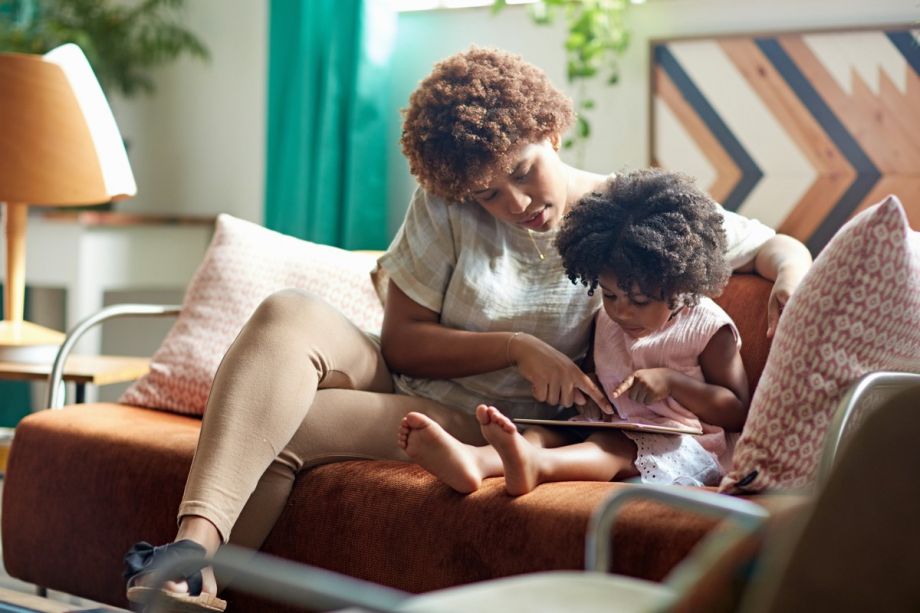
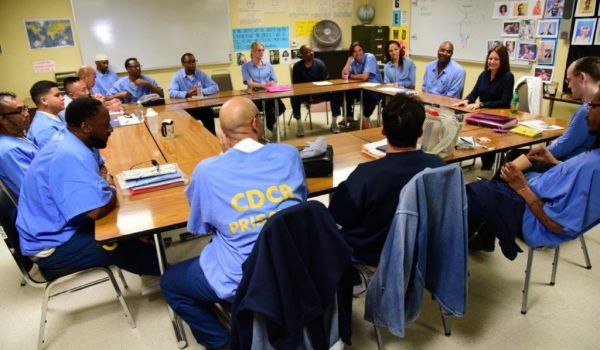
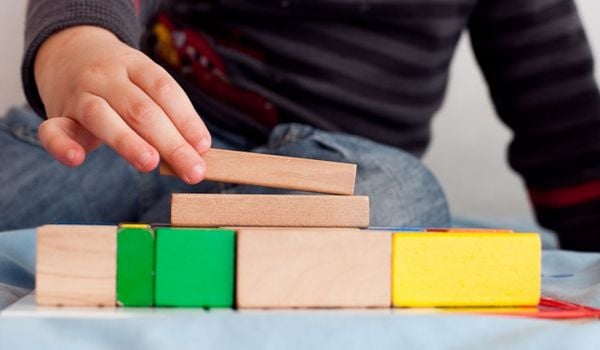
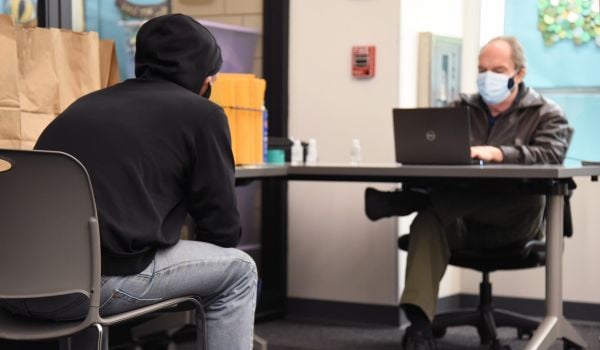
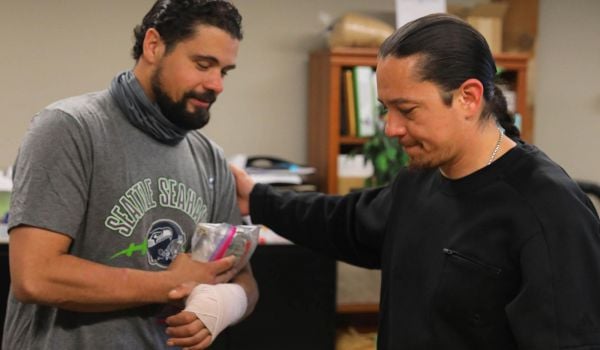
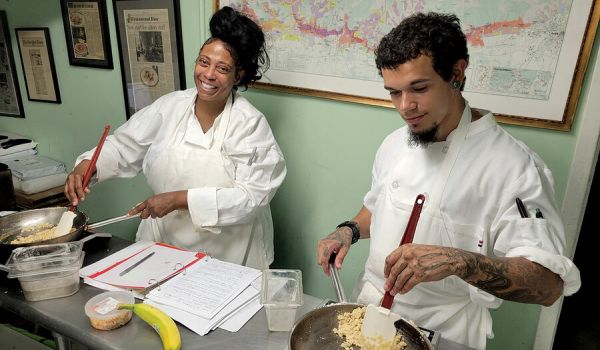
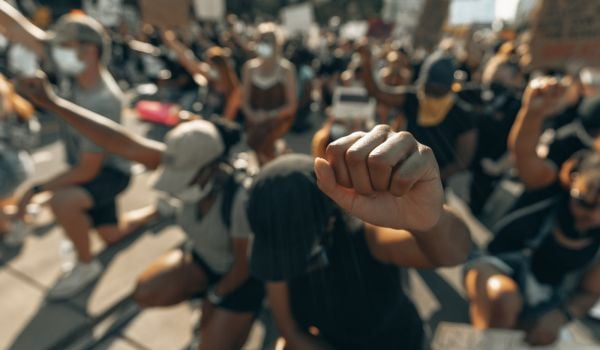
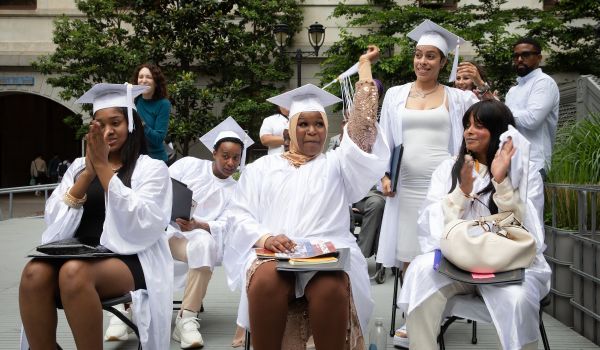
_600_350_80_s_c1.jpeg)






